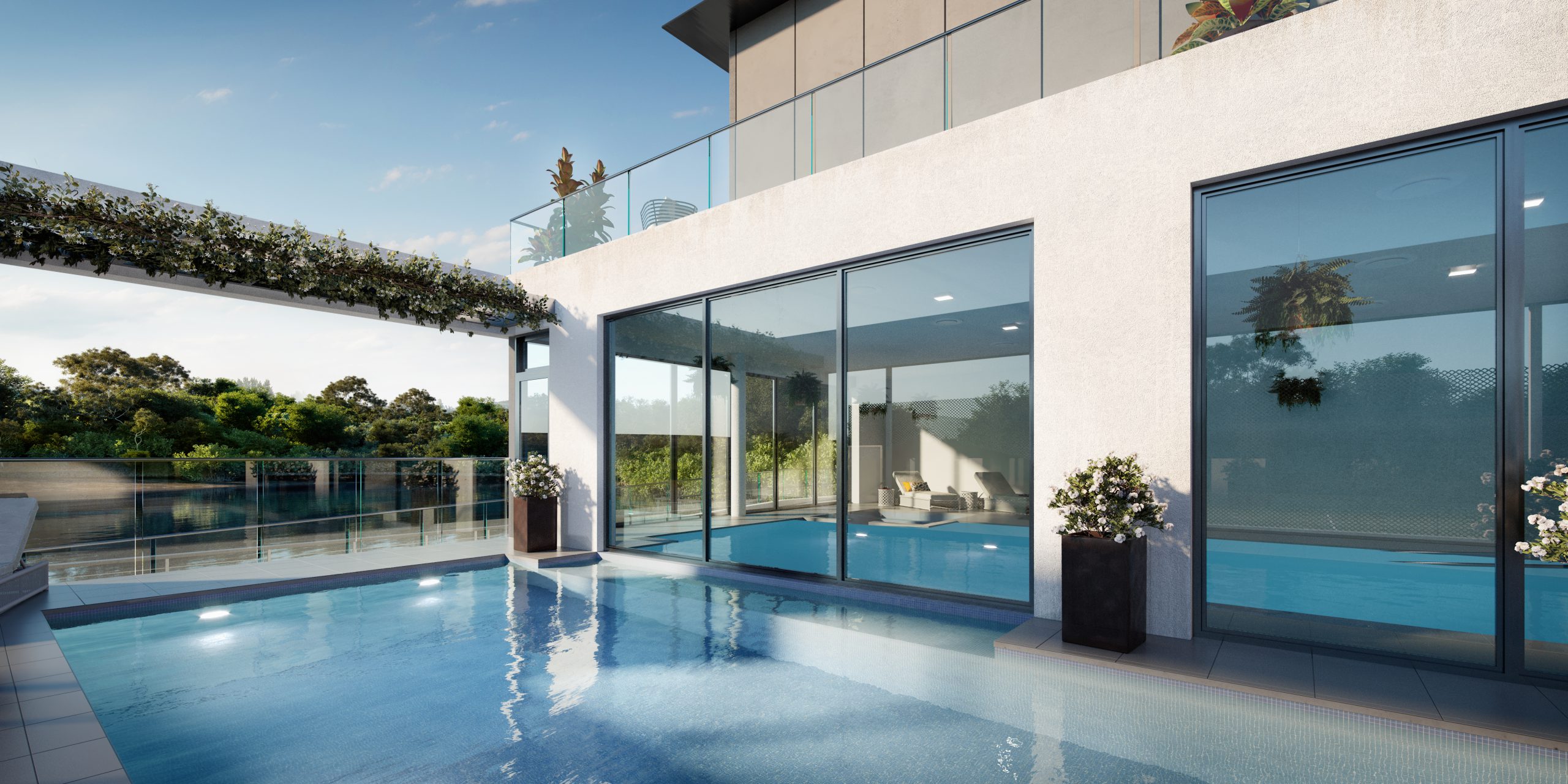

You’ve bought the new apartment and now you need to get it ready to rent it out. Here are 5 essential steps to getting your apartment rented!
You have just purchased a brand new apartment so it should be almost ready to go, however there are a few little things you should check before you start renting it out. First thing is to organise blinds or curtains for the windows. This will generally be your responsibility to organise this for your tenant. Next make sure your services are ready to go. Even though the Developer will have organised connections to the building for phone and NBN, you will have to check that the services are ready to go in your apartment. You won’t want an angry tenant being told that they can’t get a working phone service or internet connection for weeks or months (it happens!).
Of course it must be clean but that should have been done as part of your new apartment handover process.
You should also ensure you take photographs of the apartment so you have a record of any marks, scratches and so on. Obviously with a new apartment you shouldn’t have any, but still take the time to take photographs so you have this as proof should the worse occur in the future.
The majority of apartments in Brisbane will be rented unfurnished, however you shouldn’t discount furnishing your apartment before you start renting it out. Furnished apartments attract a totally different kind of tenant than your traditional unfurnished apartment. Corporations who require permanent accommodation for travelling executives, short stay students (such as MBA students) who can afford higher rents but don’t want the hassle of buying furniture, and newly separated individuals from higher socio-economic backgrounds are all quality tenants who will pay premiums for a new furnished apartment.
We suggest doing your homework and comparing a furnished apartments rental with a similar unfurnished rental. You may be surprised at the significant premium you can achieve. Managing an furnished apartment is more complicated however as you also need your tenant to take responsibility for the care of your furniture as well at the property itself.
The next and probably most fundamental decision is whether you will manage your own property or appoint an onsite or offsite property manager to do this on your behalf. Naturally a 3rd party will cost as they will take on all the responsibility of finding a new tenant, managing the apartment and tenant, and most importantly, ensuring that the rent is paid!
Let break these 3 important requirements down.
Don’t be scared to be competitive rent wise. No doubt when you first contracted to buy your new apartment you were given an indication of expected rent by the sales agent, however this is no substitute for doing your own homework. The rental market can change quickly, particular when new apartment towers enter the market, so jump onto the major real estate portals and do some homework. Even ask around in your own building to see what the going rate is.
Some new apartments sit vacant for months simply because the asking rental is too high. If you charge $20 less than your competitors you will rent it out faster and ultimately may result in a higher overall return over the total rental period.
If you attract a good tenant you can always increase the rent next time to get it back to where you think it should be. Also, consider price pointing when you set your asking price and within a set range (i.e $340-360). Gives you more wriggle room and will pull tenants with lower budgets in.
Determining a competitive market rental is one of the primary reasons to use an external property manager. They should know the market and your building very well and be able to maximise the return whilst renting it out quickly.
The standard tenancy occupation can vary from a 6 to a 12-month lease or longer. Generally a longer lease is always better, as you secure your income stream and also don’t need to pay your property manager (if you have one) a new let fee (normally the first weeks rent).
Pay attention to the timing of your lease and when it will be coming up for renewal. You would be surprised how few landlords consider this, but it may be very important depending on your target market. If you apartment is primarily attractive to University students, then having it available when new students are looking for accommodation is a big benefit. Similarly having an inner city apartment that is attractive to professionals become available over Christmas is also not ideal. Sometimes you simply can not control these things, but if you can try and take it into consideration.
We would love to hear your thoughts on this project.
Have you visited this project recently, or perhaps you live nearby or bought in a neighbouring building? Tell us what you love about this project, or perhaps what you don't.